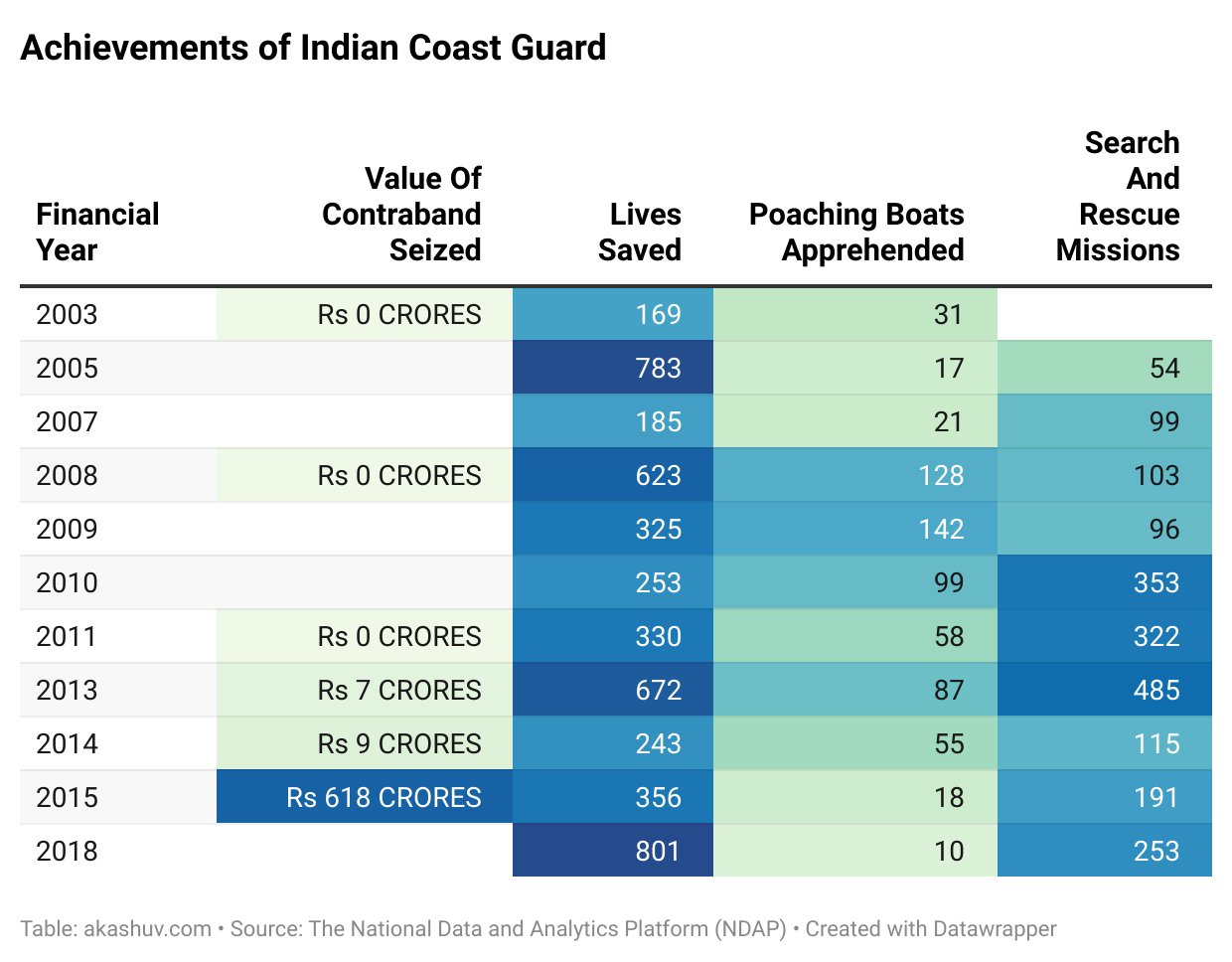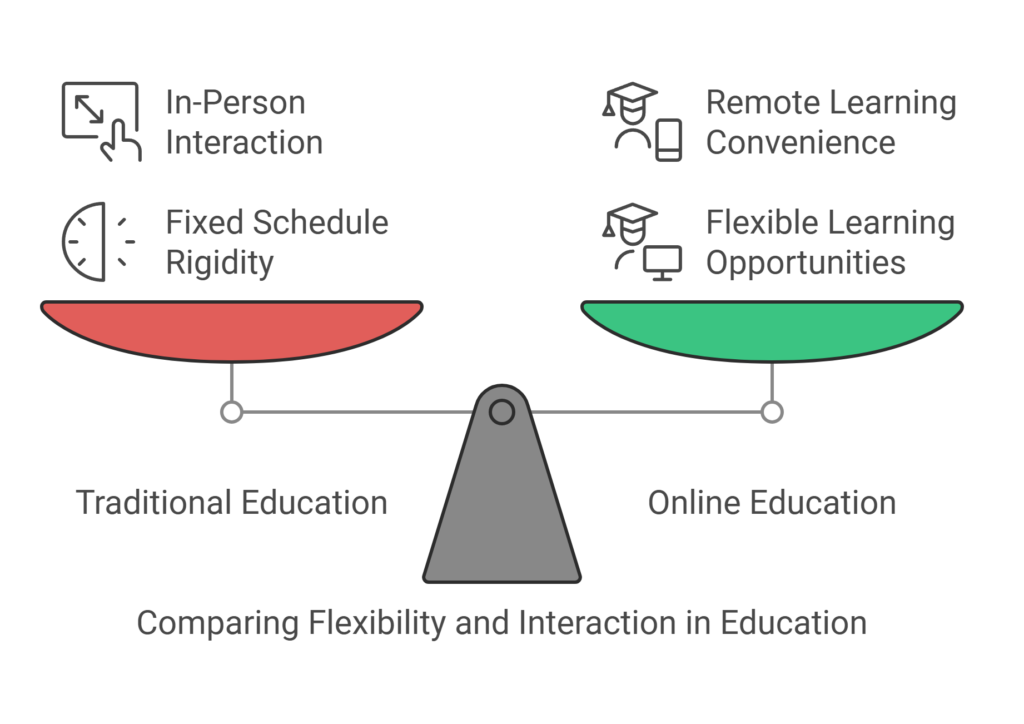Table of Contents
Nuts and Legumes: A Surprising Connection Explained (And Why It Matters to Your Diet)
Have you ever wondered why peanuts aren’t actually nuts? Or why almonds and lentils sit in entirely different aisles at the grocery store despite both being plant-based powerhouses? The relationship between nuts and legumes is full of twists, myths, and nutritional goldmines. Let’s unravel the truth behind these foods—and discover how to make the most of them in your kitchen.
1. Botanical Classification: Why Peanuts Are Imposters (And Other Fun Facts)
Let’s settle the debate: Are nuts legumes? The short answer? No—but the lines blur more than you’d think.
Legumes are plants that grow in pods, like beans, lentils, and peas. Their fruits split open naturally to release seeds (think of a pea pod cracking open), as highlighted in the USDA’s official classification of legumes. Nuts, however, are hard-shelled fruits that don’t split open. For example, a walnut’s shell stays intact unless you crack it with a nutcracker.
But here’s where it gets juicy: Peanuts are legumes. Yes, that’s right! They grow underground in pods, just like chickpeas. Meanwhile, almonds, cashews, and pistachios? They’re technically “drupes” (a type of fruit with a hard stone). Confused yet? You’re not alone! According to Kew Science, there are over 18,000 legume species—from humble lentils to carob trees!
Why does this matter?
- Allergies: Peanut allergies differ from tree nut allergies because of their botanical roots (FARE guidelines).
- Cooking: Legumes like lentils cook faster than dense nuts, which are often roasted or eaten raw.
- Farming: Legumes enrich soil with nitrogen, making them eco-friendly crops, as noted in this FAO report on legume sustainability.
Pro Tip: Next time you snack on peanuts, remember: You’re eating a legume in disguise. For more on unique nut varieties, explore our guide to nutritious nuts from India.
2. Seeds: The Tiny Powerhouses Fueling Your Body
Both nuts and legumes rely on seeds—nature’s perfect energy capsules. Seeds store nutrients to help plants grow, which is why they’re packed with protein, fiber, and healthy fats.
Nuts: Think of seeds in armor. Almonds, for example, are seeds protected by a tough shell. They’re rich in vitamin E and magnesium, as Harvard’s research on nuts confirms.
Legumes: Lentils and chickpeas are essentially “naked seeds” from pods. They’re loaded with folate and iron, making them a staple in diets worldwide, per the Mayo Clinic’s legume guide.
What’s Inside a Seed?
- Protein: A handful of pumpkin seeds provides 8–10 grams—perfect for plant-based diets.
- Fiber: Chia seeds (yes, technically a legume!) have 10 grams per ounce.
- Healthy Fats: Walnuts are bursting with omega-3s, which fight inflammation, as shown in clinical trials from Nutrition Journal.
Key Statistic: Seeds can deliver 50% of your daily protein and fiber needs in just one serving!
Recipe Hack: Blend Brazil nuts into smoothies for a selenium boost (check NIH’s selenium guidelines).
3. Nutritional Showdown: Nuts vs. Legumes
Let’s compare these two heavyweights:
| Nutrient | Nuts (per 1 oz) | Legumes (per ½ cup cooked) |
|---|---|---|
| Protein | 4–7g (Almonds: 6g) | 7–9g (Lentils: 9g) |
| Fiber | 2–4g (Pistachios: 3g) | 6–8g (Black beans: 8g) |
| Healthy Fats | 13–20g (Macadamias: 21g) | 0.5–1g (Chickpeas: 2g) |
| Iron | 6% DV (Cashews) | 20% DV (Lentils) |
The Verdict:
- Nuts = Fats + crunch. Perfect for snacks and baking.
- Legumes = Protein + fiber. Ideal for meals like soups and salads.
Health Perks:
- Heart Health: Almonds lower LDL cholesterol, as Harvard’s research highlights.
- Blood Sugar: Lentils’ slow-digesting carbs prevent spikes, per a PMC study on legumes.
- Cancer Prevention: Walnuts contain antioxidants linked to reduced cancer risk.
Key Statistic: Regular nut/legume eaters have a 20% lower risk of heart disease.
Try This: Swap croutons with roasted chickpeas in salads. For decadent recipes, try our white chocolate macadamia cookies.
4. Cooking Hacks: How to Use Nuts and Legumes Like a Pro
These ingredients are kitchen chameleons. Here’s how to maximize their potential:
For Nuts:
- Toast them: Enhances flavor (350°F for 8–10 minutes).
- Make nut butter: Blend roasted peanuts or almonds with a pinch of salt (see BBC’s nut recipes).
- Substitute flour: Almond flour adds richness to gluten-free baking.
For Legumes:
- Batch cook: Freeze cooked beans for quick meals.
- Mash them: Lentil patties or hummus are crowd-pleasers (inspired by Serious Eats’ legume dishes).
- Sprout them: Boost nutrient absorption by sprouting mung beans.
Global Inspirations:
- Middle Eastern: Falafel (chickpeas) with tahini sauce.
- Asian: Stir-fried cashew chicken.
- Mexican: Black bean tacos with avocado, as featured in Bon Appétit’s sustainable recipes.
Key Statistic: Nuts and legumes star in over 60% of global cuisines—from Ethiopian stews to Italian pesto.
Craving More? Discover quirky uses in our mochi nuts facts post.
5. The Planet-Friendly Choice: Sustainability Secrets
Nuts and legumes aren’t just good for you—they’re kind to Earth:
- Legumes: Their roots fix nitrogen in soil, reducing fertilizer needs (FAO report).
- Nuts: Almond farms support bee populations (they pollinate the trees!), as noted by the WWF’s sustainable agriculture insights.
Eco-Tip: Choose locally grown lentils over imported ones to cut carbon footprints.
Final Thoughts: Why This Debate Matters to Your Plate
Whether you’re team almond or team lentil, both nuts and legumes deserve a spot in your diet. They’re affordable, versatile, and pack a nutritional punch that meat can’t match.
Did You Know? Together, nuts and legumes provide 15% of the world’s protein—helping combat global food insecurity, per the FAO’s traditional crops database.
Your Challenge This Week:
- Swap meat for lentils in one meal.
- Try a new nut butter (hello, pecan!).
- Share your creation on social media—tag us!
For more inspiration, explore our list of best dry fruits and nuts for lazy evenings.
Hungry for More?
- Dive into the benefits of macadamia nuts.
- Learn how to make protein-packed legume curries.
Remember: Whether it’s a walnut or a lentil, every bite brings you closer to a healthier, greener planet. Now go crack open some seeds (or pods)! 🌱🥜









